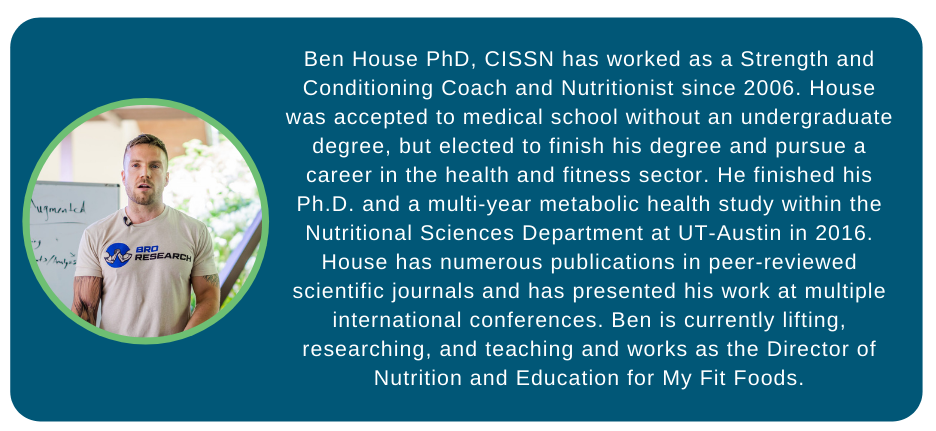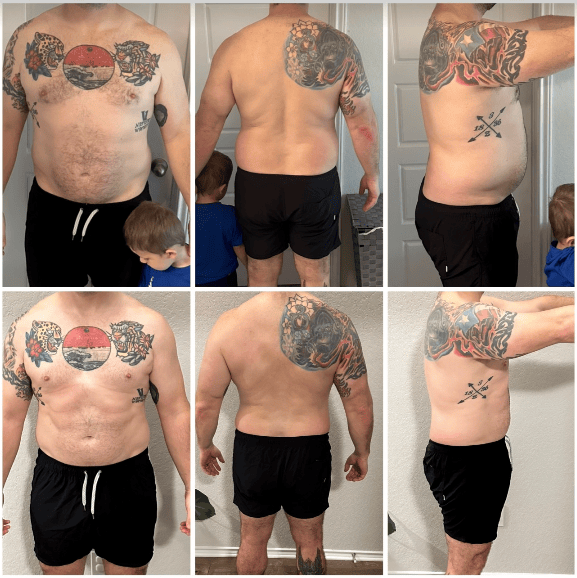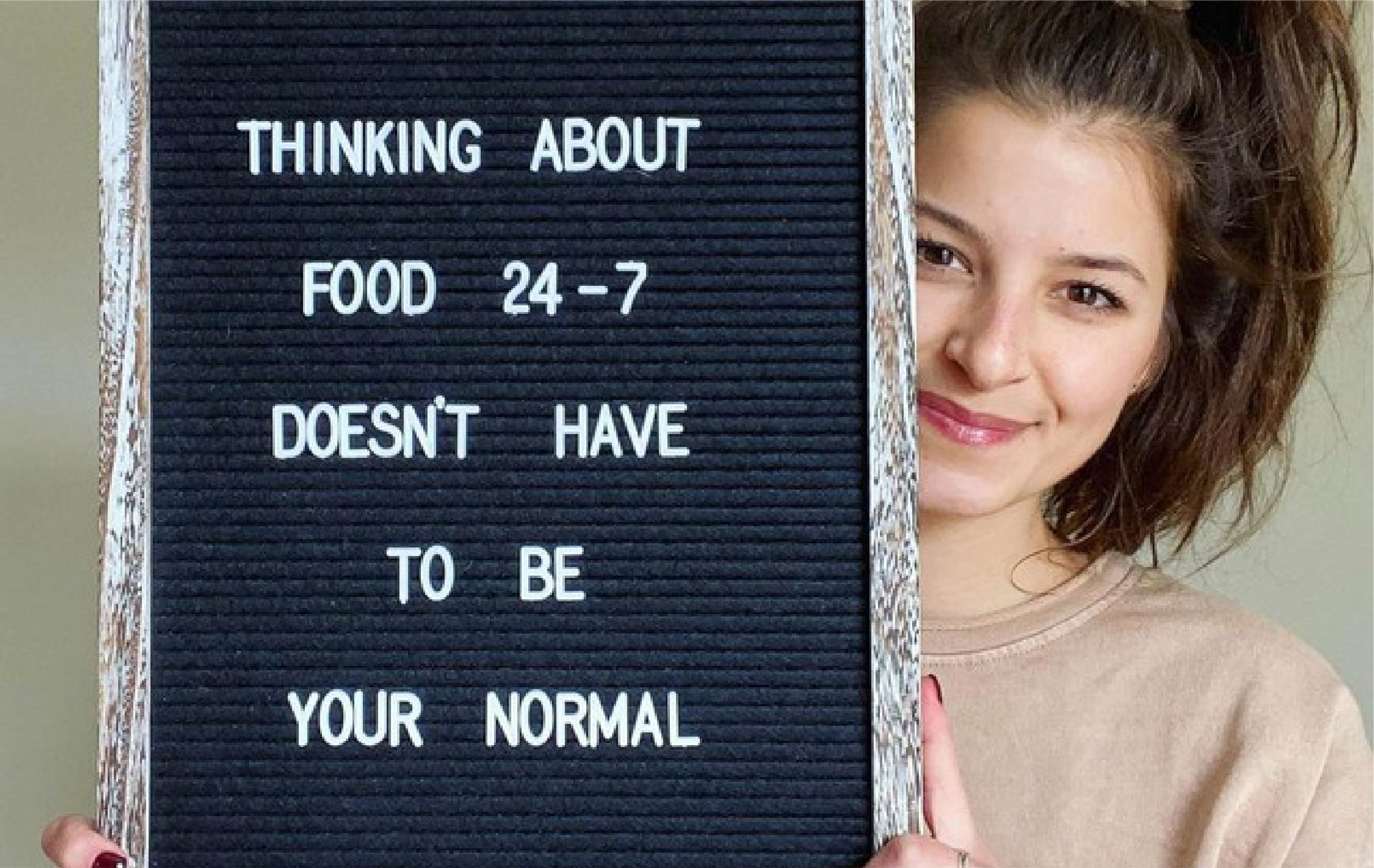There has been a lot of hype about refeeds and diet breaks the last few years.
Jackson Peos and colleagues [1] just published the longest and most meticulous study to date where two groups of females either went through 12 straight weeks of caloric restriction or four three week blocks of energy restriction with a one week of energy balance in-between the first three low week block (3-1-3-1-3-1-3).
Post diet, there were NO significant differences for any body composition metrics, nor leptin, testosterone, IGF-1, Thyroid Hormone (free T3), or sleep.
There was a significant decrease in hunger in the diet break group, but this subjective finding didn’t have any direct effects on energy intake and there were no significant differences in ratings of fullness.
What does all this mean in practice?
There doesn’t look to be any body composition magic in refeeds, but they could help with hunger and the biggest benefit IMO is that individuals are practicing eating more food throughout the diet so it may be easier to transition to maintenance after the diet.
The downside is that with diet breaks these individuals were in a quasi-dieting phase for three more weeks.
Given the research, I wouldn’t plan diet breaks just because you feel you need to have them in your program, but I would utilize this approach if someone had travel plans or week where they knew they were going to be more social.
The major benefit of refeeds for real people seems to be the ability to be more social while on a diet.
It is extremely important to note that diet breaks and refeeds are not unmeasured eat-whatever-you-want cheat days or weeks, they are planned excursions into maintenance calories which generally brings the ability to eat significantly more carbohydrates.
The ideology of all-out unmonitored cheat days or meals can get people into trouble for a variety of reasons as people on a diet with increased appetite can easily blow through a weekly deficit in one night out with margaritas and all you can eat chips and queso. However, planned hedonic deviations may be helpful for some individuals especially when it involves laughter and social connection [2-4].
#GIVEAFIT

REFERENCES:
1. Peos, J.J., et al., Continuous versus Intermittent Dieting for Fat Loss and Fat-free Mass Retention in Resistance-trained Adults: The ICECAP Trial. Med Sci Sports Exerc, 2021.
2. Coelho do Vale, R., R. Pieters, and M. Zeelenberg, The benefits of behaving badly on occasion: Successful regulation by planned hedonic deviations. Journal of Consumer Psychology, 2016. 26(1): p. 17-28.
3. Holt-Lunstad, J., T.F. Robles, and D.A. Sbarra, Advancing social connection as a public health priority in the United States. Am Psychol, 2017. 72(6): p. 517-530.
4. Holt-Lunstad, J., et al., Loneliness and social isolation as risk factors for mortality: a meta-analytic review. Perspect Psychol Sci, 2015. 10(2): p. 227-37.
About Author: Mario Mendias





